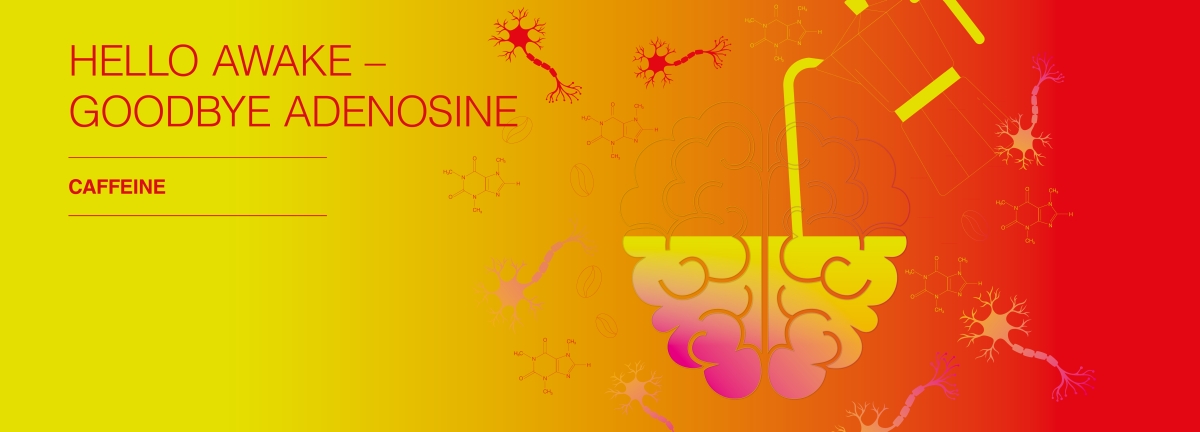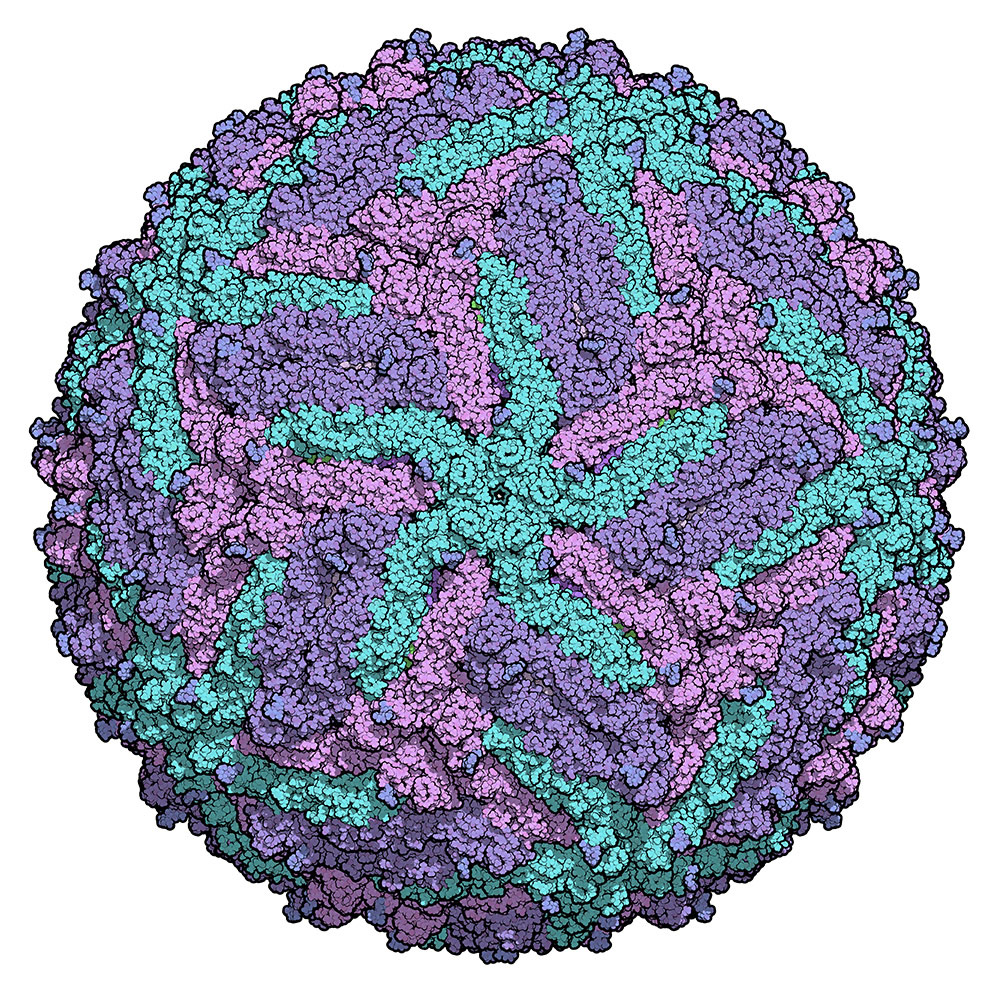
Hello caffeine – goodbye adenosine!
The early bird catches the worm – after he’s had his coffee.
Going to bed late, getting up early, busy days and long meetings: There’s plenty of reasons why we experience fatigue, along with a decline in our performance. The feeling can hit early in the morning right after getting up, or in the middle of the day after eating lunch – and whenever it strikes, it’s never particularly welcome. One of our tried-and-tested solutions for dealing with it is to grab a cup of coffee and let ourselves be roused by its stirring aroma: After all, we always want to make sure we’re fully awake and productive. But does coffee live up to its reputation as a delicious pick-me-up?
Caffeine’s poetic origins
“Thank God for coffee” – or something to that effect – likely runs through the heads of many people as they sip their cup of joe each morning. But rather than God or Joe, the name that probably should be sooner associated with coffee is that of Friedlieb Ferdinand Runge. This Hamburg-based chemist – who had previously experimented with deadly nightshade and its pupil-enlarging effect – began to investigate the chemical composition of the coffee bean upon the suggestion of Johann Wolfgang von Goethe, or so the story goes. Runge was then able to successfully isolate caffeine for the first time around 1820. He’d no doubt be surprised by how much his work has been expanded on today, with the many barista trends in preparation and the variety of flavours that our coffee beans now have.
Caffeine blocks adenosine
But indeed, as the most frequently consumed pharmacologically active substance worldwide, it shouldn’t come as a surprise that caffeine has been the subject of intensive research for many years now. As a natural stimulant, it accelerates metabolism, breathing, body temperature and heart rate. It also causes blood vessels in the brain to narrow, while those in the intestines tend to dilate. The associated feeling of warmth subsequently results in an increased urge to urinate. Yet the only thing that actually makes us feel awake is the fact that caffeine blocks the body’s own adenosine receptors.
The supermolecule adenosine
One of the most powerful molecules in our body, adenosine is produced during the digestive process. In this process, the glucose from food is broken down in glycolysis to produce adenosine triphosphate, which is then further broken down into adenosine. When adenosine accumulates in our body, it interacts with certain cell receptors, inhibits neuronal activity, and causes us to feel tired. It is precisely this feeling that our body produces to signal to us that we should fall asleep and replenish our energy reserves. This state can be considered an early phase of our sleep process, and is essential to ensuring a natural sleep cycle.
So, does coffee make us more awake?
No – at least, not directly. Rather than waking us up, the caffeine in coffee prevents us from feeling tired. This is because caffeine attaches to the same receptors with which adenosine interacts. This inhibits the feeling of drowsiness that occurs when adenosine levels increase in the body. We tend to reach for this receptor blocker to combat the fatigue we feel after meals, once our body runs out of energy from easily digestible sugar. Of course, we also like to start our a day with a cup of coffee after we’ve just woken up, and benefit from caffeine’s receptor-blocking effects in the morning as well – particularly while our adenosine level has not yet been completely reduced over the course of a normal sleep cycle.
So enjoy your coffee whenever you feel like it – but remember, it’s important to take sufficient breaks from it as well! Keep your adenosine and caffeine levels in balance, and rely on us to stay sharp around the clock instead. We always keep our eyes open to find the best offers for your laboratories, and our webshop is available to you day and night.
Sources:
https://www.sleepscore.com/blog-de/wie-wirkt-sich-adenosin-auf-den-schlaf-aus/?lang=de
https://www.pharmazeutische-zeitung.de/ausgabe-042007/genussmittel-und-arzneistoff/




